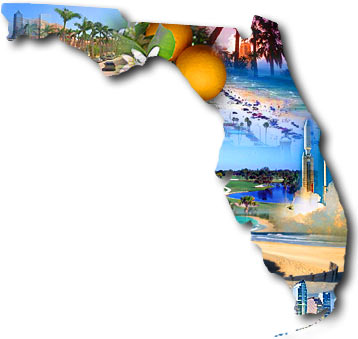- Reduces depression and anxiety
- Decreases morbidity and other illnesses associated with a sedentary life
- Improves balance and range of motion
- Improves well-being and quality of life
- Reduces boredom
- Develops self esteem through recreation participation
- Provides emotional and social support to participants
- Promotes good health and physical well being among participants!
Active leisure provides physical and mental well-being and long term wellness. This need may even be greater for people who live with a disability! Leisure activities provide social interaction and a welcome break from jobs and the routines of our lives. Additionally, the accomplishment of overcoming the many challenges of sports/activities builds confidence, self-esteem and promotes a mental and physical wellness. Although the two video clips are 9:32 each, you will be enlightened and truly appreciative of the information.
So What Happened to you Part 1 http://video.google.com/videosearch?q=disabled+people&www_google_domain=www.google.com&hl=en&emb=0&aq=1&oq=disabled+#q=disabled+people+recreation&hl=en&emb=0So What Happened to you Part 2 http://video.google.com/videosearch?q=disabled+people&www_google_domain=www.google.com&hl=en&emb=0&aq=1&oq=disabled+#q=disabled+people+recreation&hl=en&emb=0
 Being a Floridian, I had to know how we provide recreation and leisure enjoyment for persons with disabilities. We have Florida Disabled Outdoors Association which promotes health and wellness and enhances the lives of people with disabilities through SportsAbility, Miracle League, Recreational Activity Program for Adults (RAPAD), Recreation Assistive Services and Technologies Alliance (RASTA), ALLOUT, and Inclusion programs.
Being a Floridian, I had to know how we provide recreation and leisure enjoyment for persons with disabilities. We have Florida Disabled Outdoors Association which promotes health and wellness and enhances the lives of people with disabilities through SportsAbility, Miracle League, Recreational Activity Program for Adults (RAPAD), Recreation Assistive Services and Technologies Alliance (RASTA), ALLOUT, and Inclusion programs.




